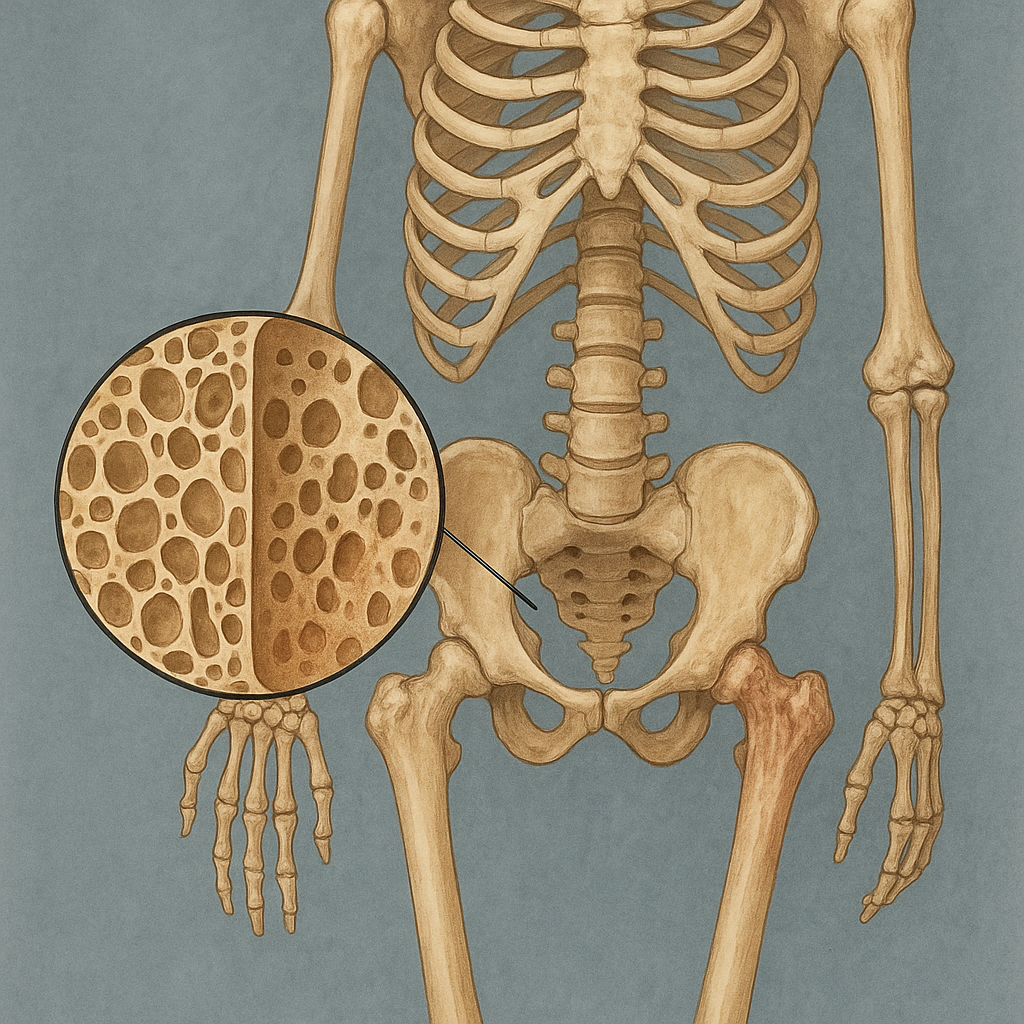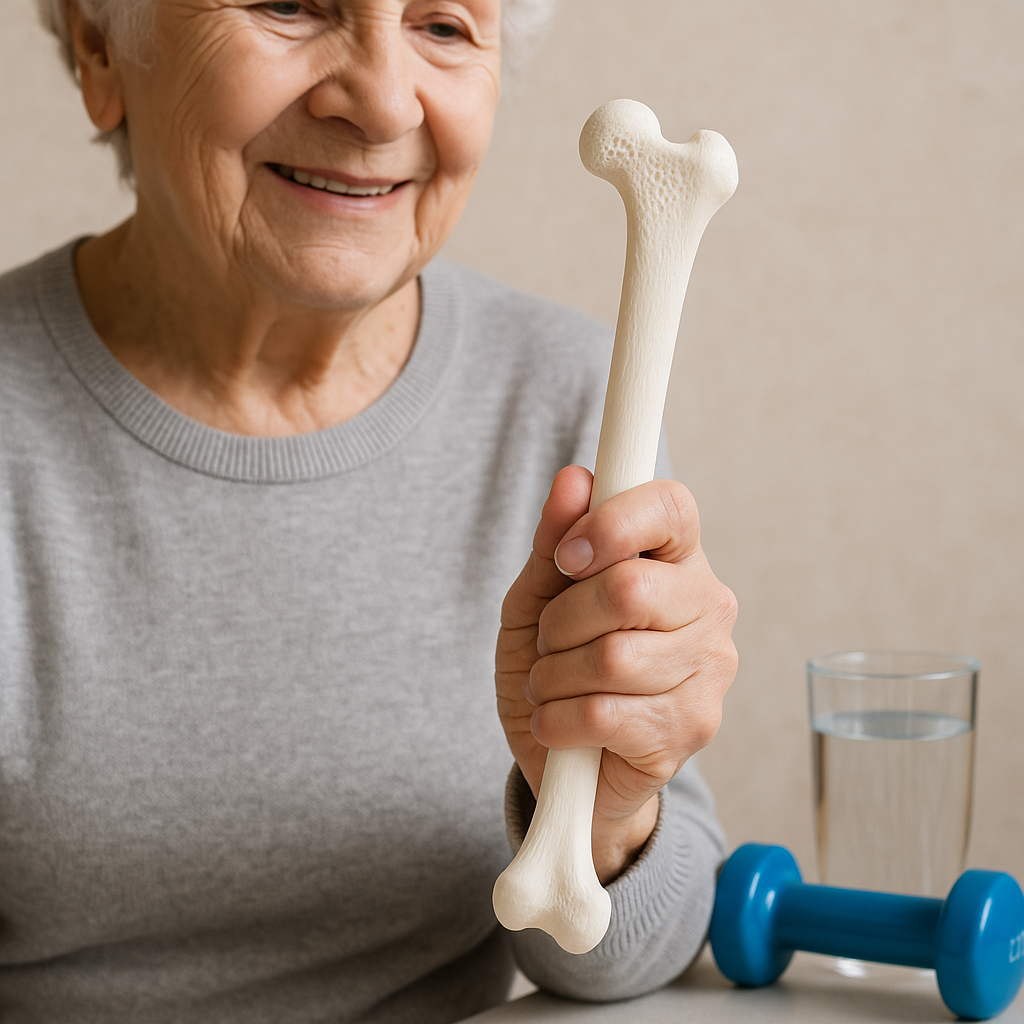News — bone support supplement
Osteomalacia: Decoding the Soft Bone Disease and Finding Firm Solutions
alkaline phosphatase bone density bone health bone mineralization bone pain bone rebuilding bone strength bone support supplement calcium malabsorption muscle weakness osteomalacia osteoporosis vs osteomalacia phosphate rickets skeletal health soft bone disease vitamin D deficiency
When your bones begin to weaken from within, you might not notice right away. But over time, subtle symptoms like muscle weakness, bone pain, and fatigue start to whisper that something is wrong. This is the reality of osteomalacia—a lesser-known yet serious condition where bones become soft due to impaired mineralization. Unlike osteoporosis, which makes bones brittle, osteomalacia makes them bend and ache.
Often linked to vitamin D deficiency, osteomalacia can affect people of all ages, especially those with limited sun exposure, malabsorption issues, or specific dietary imbalances. In this article, we’ll uncover the causes, signs, and solutions of this “soft bone disease” so you can protect your skeletal strength and reclaim stability. Let’s decode osteomalacia and explore effective, firm solutions for lasting bone health.
Preventing Fractures: Bone Health Tips for Seniors
aging bones best bone supplement bone density test bone health bone support supplement calcium supplements DEXA scan elder mobility fall prevention fracture risk healthy aging joint health K2 and calcium longlifenutri magnesium for bones osteoporosis prevention senior exercise senior wellness strong bones vitamin D
As we age, maintaining strong and resilient bones becomes more important than ever. Fractures in seniors can lead to a cascade of complications — from loss of independence and mobility to increased risk of long-term disability. However, many fractures are preventable with the right approach to bone health. It all starts with understanding how bones change over time and what can be done to keep them strong.
Bone density naturally decreases with age, particularly after menopause in women and after 70 in men. But lifestyle factors such as diet, exercise, and proper supplementation can make a significant difference. By proactively supporting bone health, seniors can reduce the likelihood of fractures and stay active and independent well into their golden years. This guide offers science-backed tips and actionable strategies to help keep your bones as strong as your spirit.


